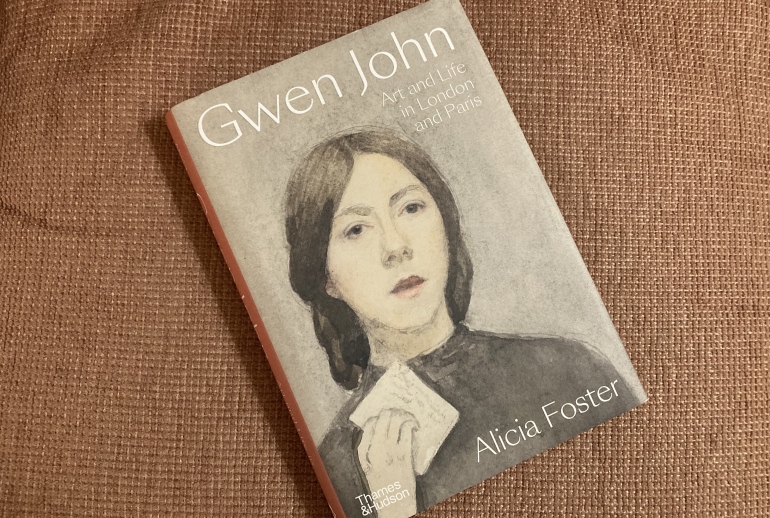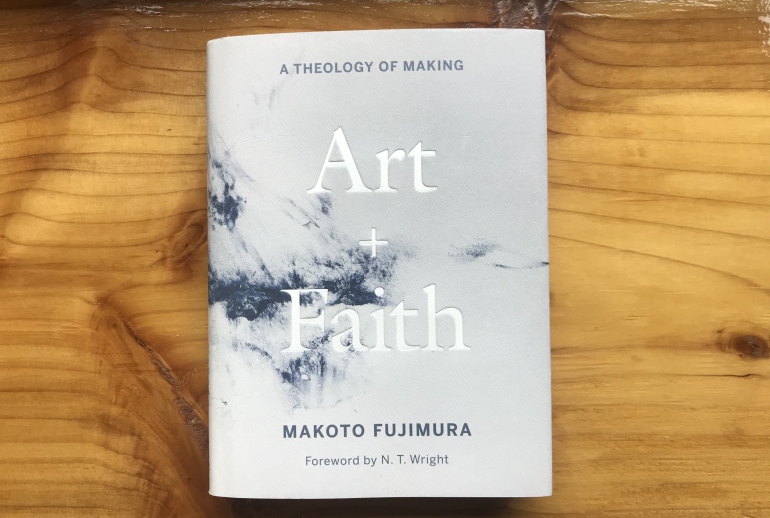If memory serves, and it serves me poorly these days, it happened in chemistry class. High school chemistry. I don’t remember my teacher’s name. I do remember that he was so enthusiastic about chemistry that I temporarily thought I’d like to make it my major in college. Temporarily is the key word. Very temporarily. I also remember that he, besides being enthusiastic, explained things clearly, which was good. What was less good was that he held us in fear that he would suddenly call on us in class to demonstrate how we had solved one of the previous day’s problems. Well, I should clarify. He didn’t hold me in fear. I always did the homework and was vying for the top A in the class against two rivals. The rest of the class was held in fear. Which I don’t remember feeling bad about.
Then my day arrived.
For whatever reason that I also don’t remember, I hadn’t finished the previous day’s assignment. I had skipped a few problems. And, as you might guess, my teacher called on me to provide the answer to one I had skipped.
I had made a habit of maintaining eye contact with him in class. To look eagerly in his direction as he taught. This meant he often called on me. And each time I supplied the correct answer, the rest of the class rolled their eyes. This particular day, however, I kept my eyes down and tried to appear focused on taking notes. The ruse didn’t work. “OK, Denis. What did you get for problem #3?” I stuttered and said I hadn’t solved it. Though I couldn’t see their faces I sensed the huge grins on my rival’s faces as they raised their hands. One of them gave the correct answer, while the other nodded, “Yes, that’s it!” I could tell my teacher was not pleased.
Neither was I. I much preferred the delicious sense of superiority, the raw pride I felt giving the correct answer when my rivals failed to do so. Which I do remember happening. More than once.
Viewed from the standard of living a virtuous life, of course, I had it entirely backwards. “When pride comes, then comes disgrace,” the Hebrew proverb says, “but wisdom is with the humble” (11:2). Please don’t suggest I was merely engaged in healthy competition. It could have been but wasn’t. I was far too insecure, too immature, too self-centered for that. Today I realize I can come in second place—or even last—without losing personal significance or dignity, but I didn’t know that then. And even though I know that now, I need to remind myself of it if my pride is not to pollute my soul and my actions.
Another way to think about humility is to notice that some virtues contain their own reward.
For example, consider gratitude. When I am flooded with gratefulness—the only way to adequately describe it—I am also flooded with a sense of thankfulness, of being blessed. These bring a deep delight that invites celebration. My gratitude allows me to see more clearly the things I don’t deserve and perhaps didn’t expect but that have come to me anyway and brought goodness and a measure of flourishing into my life. I’m still a slacker at gratitude, as I am, sadly, in all the virtues, but it isn’t because gratefulness is unpleasant. Gratitude is a virtue that contains its own rewards of happiness and sense of contentment.
Other virtues don’t. Contain their own reward, I mean. And that makes them far more difficult to embrace and demonstrate consistently.
Which brings us back to humility as the contrasting example. What makes humility so difficult is that pride, which it deflates and counters, is far more satisfying for fallen human beings than being humble. Pride makes me feel good about myself, assures me I am in the right, superior or at least in the running. Humility makes me feel lowly, perhaps requires an apology, an admission of being mistaken, of watching someone else take the top honor I could/should have had.
Sometimes I experience humility not by choice, not because I am humble in my heart of hearts, but because of another’s superiority, or worse, their pride.
Perhaps a colleague takes credit for the work you performed on a group project. It’s especially irksome if the project leader contributed less than anyone else. But he wrote the final report. Life goes on without any mention or acknowledgement.
Or maybe you are conversing with some friends when things turn sour. One of the women acts inappropriately, and when called on it, makes accusations. Afterwards you realize that you could have handled it differently and so send an apology. Your apology is accepted but your friend refuses to take responsibility for their part. Life goes on but is a bit off-kilter.
Or maybe at your sister’s wedding you are asked to give a speech, so you think of a few stories and plan on telling them. But then her best friend (and bride’s maid) goes before you. She has several pages of notes and simply kills it. Her prose is exquisite and clever, not a single “Umm,” and she has the guests in hysterics for a solid 17 minutes followed by voluminous applause. It’s stand-up brilliance. Everyone wishes she would go on. Everyone looks at you expectantly, and as you stand you can see deeply into the abyss.
C. S. Lewis has a chapter in Mere Christianity titled “The Great Sin” on the topic of pride and humility. I should read it far more often than I do. A few brief excerpts:
According to Christian teachers, the essential vice, the utmost evil, is Pride. Unchastity, anger, greed, drunkenness, and all that, are mere fleabites in comparison: it was through Pride that the devil became the devil: Pride leads to every other vice: it is the complete anti-God state of mind…
The Christians are right: it is Pride which has been the chief cause of misery in every nation and every family since the world began…
Whenever we find that our religious life is making us feel that we are good—above all, that we are better than someone else—I think we may be sure that we are being acted on, not by God, but by the devil. The real test of being in the presence of God is, that you either forget about yourself altogether or see yourself as a small, dirty object. It is better to forget about yourself…
Pride is spiritual cancer: it eats up the very possibility of love, or contentment, or even common sense…
If anyone would like to acquire humility, I can, I think, tell him the first step. The first step is to realize that one is proud. [Mere Christianity; HarperOne; 1952] pp. 121-128.
Frank Bruni, New York Times columnist and teacher at Duke University, correctly connects humility to the problems fragmenting modern American society. In thoughtful column, “The Most Important Thing I Teach My Students Isn’t on the Syllabus” (New York Times, April 20, 2024), Bruni argues that “humility is the antidote to grievance.”
The Jan. 6 insurrectionists were delusional, frenzied, savage. But above all, they were unhumble. They decided that they held the truth, no matter all the evidence to the contrary. They couldn’t accept that their preference for one presidential candidate over another could possibly put them in the minority—or perhaps a few of them just reasoned that if it did, then everybody else was too misguided to matter. They elevated how they viewed the world and what they wanted over tradition, institutional stability, law, order.
It’s no accident that they were acting in the service of Donald Trump, whose pitch to Americans from the very start was a strikingly — even shockingly — unhumble one. “I alone can fix it,” he proclaimed in his 2016 speech accepting the Republican Party’s nomination for president…
While grievance blows our concerns out of proportion, humility puts them in perspective. While grievance reduces the people with whom we disagree to caricature, humility acknowledges that they’re every bit as complex as we are — with as much of a stake in creating a more perfect union.
Recently our pastor preached on Acts 8:26-40, the famous story of Philip and the Ethiopian eunuch. He zeroed in on a detail in the text that I had previously tended to skip over with little thought. The story is simple. An Ethiopian court official, who served Queen Candace as her treasurer, had come to Jerusalem on pilgrimage. “He had come to Jerusalem,” St Luke records, “to worship” [v. 27]. Now, he was returning home. His position in the ancient world was significant. Modern Ethiopia is sadly stricken with poverty, violence, corruption, and neglect, but long-ago Ethiopia was a major African empire. Now this high official was traveling with his entourage “on the road that goes down from Jerusalem to Gaza” [v. 26]. As he traveled the eunuch was reading aloud—as was the custom when reading to oneself—from a scroll of the prophet Isaiah. The Holy Spirit sent Philip, one of the original deacons, to join him, who asked the eunuch, “Do you understand what you are reading?” [v. 30]. And here is the detail I had previously tended to skip over lightly. St Luke records the Ethiopian responds, “How can I, unless someone guides me? And he invited Philip to come up and sit with him” [v. 31].
Father Rick said that it was remarkable that a person in such a high position of power and influence would speak with such open-hearted humility before a stranger. He mentioned that John Calvin commented that the Ethiopian admitted his ignorance and need “freely and frankly.”
Do we know of political leaders in office today that shows similar vulnerability and transparency? Do we know of political leaders who are on pilgrimage and spend time meditating on the ancient Hebrew prophets?
Oh, forget political leaders—do I demonstrate such humility freely, frankly, and transparently? Or does the greatest sin still have a fatal death grip on my heart?
Our God, in whom we trust: Strengthen us not to regard overmuch who is for us or who is against us, but to see to it that we be with you in everything we do. Amen.
[Occasional Prayer #78, Book of Common Prayer.]
Photo credit: Photo by Michaela Murphy on Unsplash



